Science Blog

Effect of RMT on ADL in people with stroke and heart failure
Respiratory muscle weakness can lead to dyspnea, exercise intolerance, fatigue, and poor activities of daily living (ADL) in people with congestive heart failure (CHF). These symptoms can be exacerbated after stroke, as shown by reduced maximal inspiratory pressure...

Effect of RMT and postural techniques on dysphagia
The swallowing process is comprised of three phases: oral, pharyngeal and esophageal. During the pharyngeal phase, food boluses pass through the upper esophageal sphincter. Dysphagia during neurological disorders like Parkinson’s disease (PD) are often caused by...

Effect of respiratory training on cognitive function in the elderly
Inadequate oxygenation may cause lesions and brain atrophy during aging. Studies show a positive association between pulmonary function and cognitive performance, especially in the elderly. Structural changes in the in the respiratory system of elderly people may...
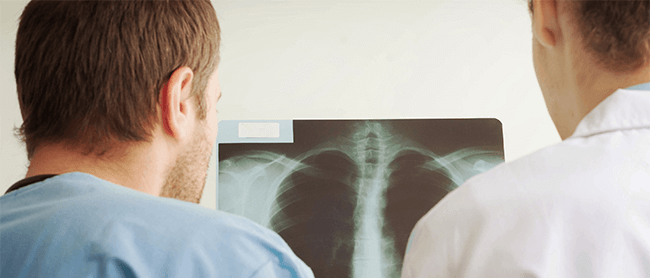
Effect of Pulmonary Rehabilitation with RMT on the Impact of COPD on Healthcare Resources
In general, patients with COPD are frequent health care users. As many as 12% of COPD patients have frequent exacerbations, which account for 60% to 70% of the total costs of medical care attributed to COPD. Exacerbations and hospitalization are associated with lung...
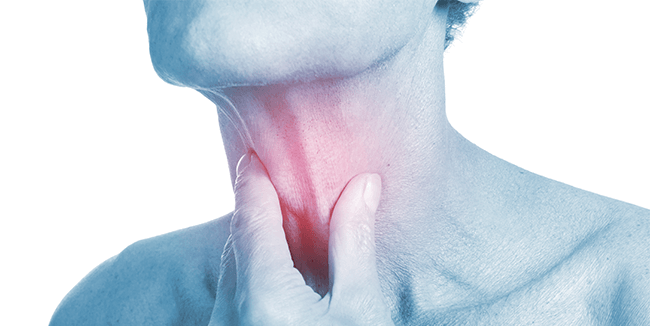
Breathing, Speech and Swallow – How It All Fits Together
Traditionally, breathing, talking and swallowing have been considered separate entities that all just happened to take place at the same place – the mouth and throat. More recent evidence, however, has shown that these tasks are actually intertwined, leading to new...

Proof of Concept for Effect of Respiratory Muscle Therapy on Heart Failure
Patients with heart failure have a number of health issues with which they must live. Many of them can make treatment more difficult and even significantly impact their quality of life. Reduced respiratory muscle strength and endurance is one of the most common...
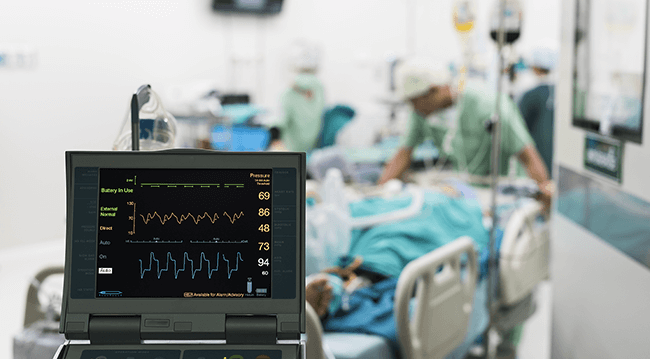
Timely Effect of Respiratory Muscle Therapy on Heart Failure
One of the issues people with chronic heart failure (CHF) face is that of low respiratory muscle strength. This reduced strength can lead to experienced dyspnea. Inspiratory muscle training (IMT) is one potential method to help improve strength and fight experienced...
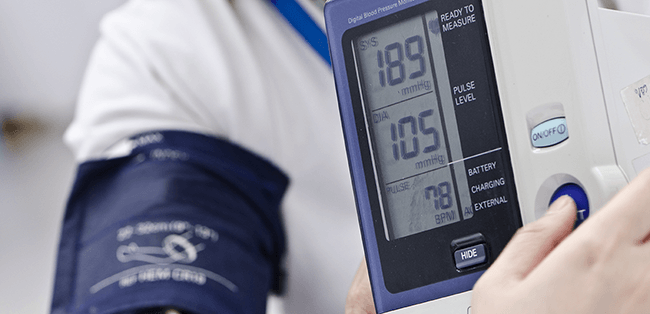
Effect of RMT on Blood Pressure in Normotensive Adults
Inspiratory muscle training (IMT) was shown to reduce blood pressure in people with obstructive sleep apnea (OSA). The mechanism for this is unclear, however its benefits for individuals suffering from OSA are significant. The study discussed in this blog post aims to...

Correlation Between Respiratory Muscle Strength and Exercise Capacity After Stroke
One of the most serious physical complications one can experience is the stroke. The physical consequences of stroke can vary greatly, but 80% of patients are affected by hemiparesis or hemiplegia (one-sided weakness or paralysis). In addition, respiratory muscle...
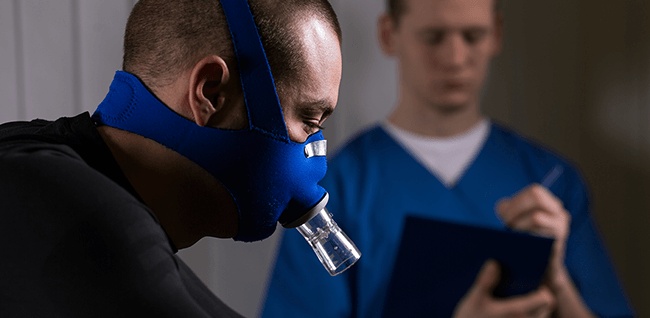
Effect of RMT on Postoperative Pulmonary Complications
Postoperative pulmonary complications (PPC), including pneumonia, have not improved much despite advances in perioperative care and medical standards. They are, in fact, still a major underlying source of morbidity and mortality. Working to reduce PPC in patients is...
Search All Articles